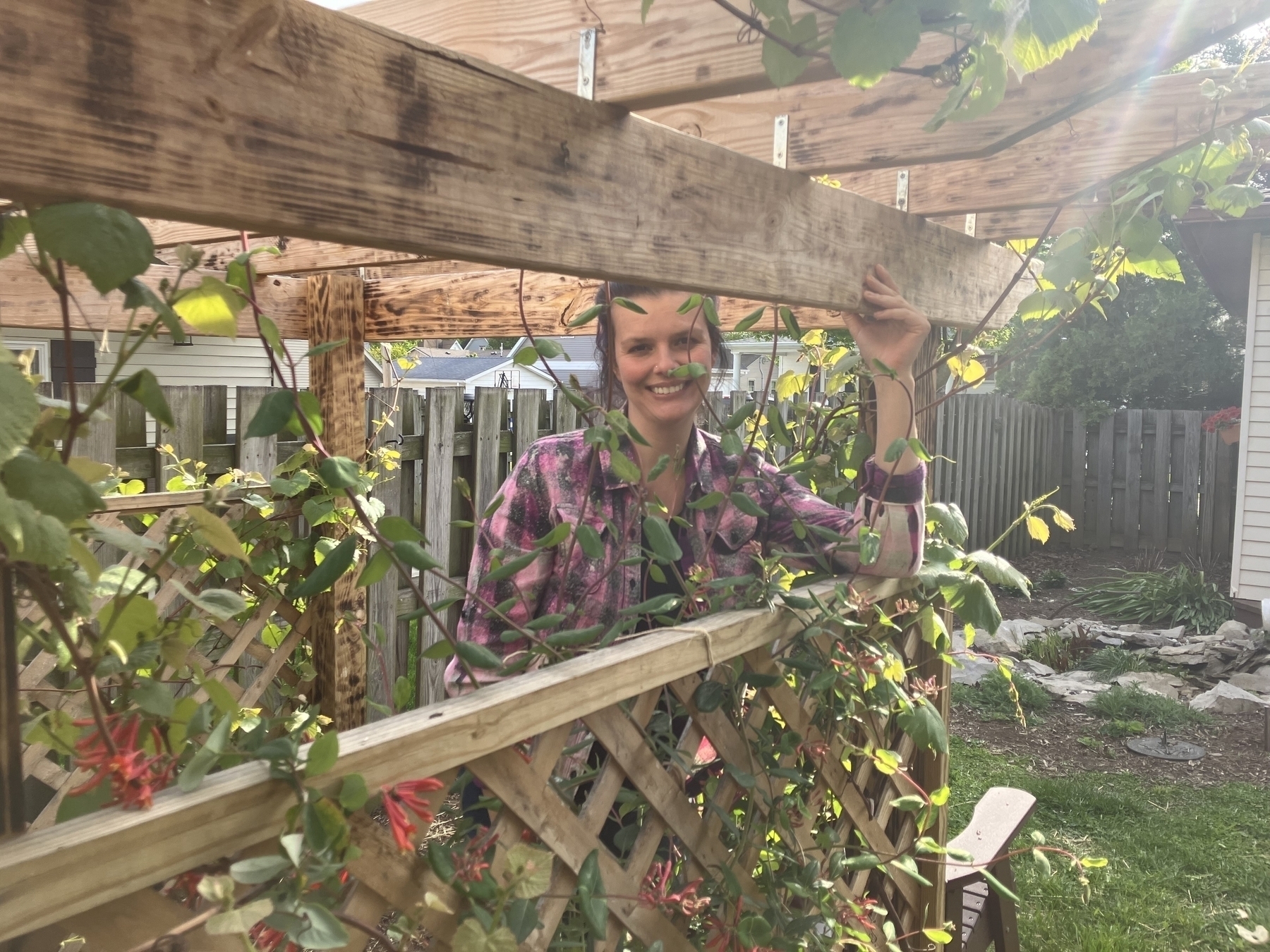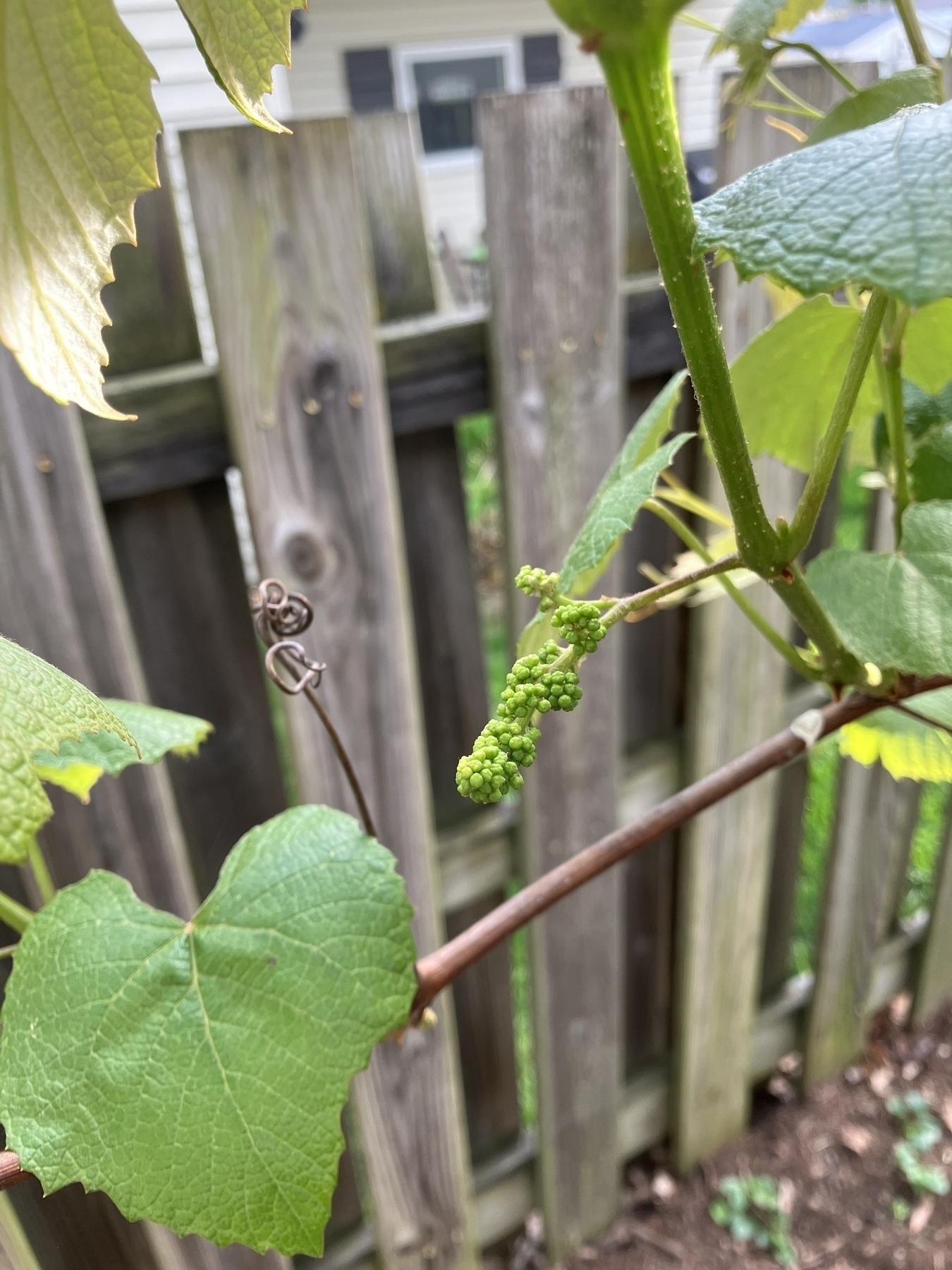Finished reading Sourdough and The Suitcase Clone by Robin Sloan. I liked Sourdough even more than Mr Penumbra. All the books were good fun. Next up: Why We Drive by Matthew Crawford, because @tinyroofnail won’t leave me alone about it. ;)
Letter from C.G. Jung:
Dear Frau V.,
Your questions are unanswerable because you want to know how one ought to live. One lives as one can. There is no single, definite way for the individual which is prescribed for him or would be the proper one. If that’s what you want you had best join the Catholic Church, where they tell you what’s what. Moreover this way fits in with the average way of mankind in general. But if you want to go your individual way, it is the way you make for yourself, which is never prescribed, which you do not know in advance, and which simply comes into being of itself when you put one foot in front of the other. If you always do the next thing that needs to be done, you will go most safely and sure-footedly along the path prescribed by your unconscious. Then it is naturally no help at all to speculate about how you ought to live. And then you know, too, that you cannot know it, but quietly do the next and most necessary thing. So long as you think you don’t yet know what this is, you still have too much money to spend in useless speculation. But if you do with conviction the next and most necessary thing, you are always doing something meaningful and intended by fate.
It may seem, from the infant’s point of view, that he’s achieving something. But in fact, the mother is doing almost all the work. However, the reactions of that infant are part of the birth process. He doesn’t have to know what to do, though. But if you were a stillbirth, the birth would be a lot harder. So the aliveness of the baby being born is actually helpful to the birth process. And the same is true of our aliveness. And all of our anguished desperate and hopeful attempts are futile attempts to invent rituals and invent myths. They do not create the real rituals and the real myths that we will live in. But they are part of the creation of the rituals and the myths that we will live in.
I don’t subscribe to that many newsletters/substacks/etc. but it’s clearly too many, judging by the unread email in my inbox. New rule: if I don’t consistently read it immediately (or at least want to), unsubscribe.
I mentioned over the weekend that a tree frog has been hanging out at our pond, calling late into the night. (Click that link for audio.) He’s at it again this morning. It’s a wonderful sound, one of those I would describe as homey. Other examples: chicken chatter, the chorus of crickets and katydids on summer nights.
I suspect our frog is a Cope’s Gray tree frog, both because of the sound of its call and because our DNR says it’s more likely here in southern Indiana.
I don’t recall hearing tree frogs here in our neighborhood until we put in our wildlife pond two years ago. I may be misremembering. Maybe it’s that I’m paying more attention, now that we’re more engaged with trans-species collaboration and increasing relatedness on this small, city lot. I hope that we are creating an increasingly diverse and thriving niche. Even if we’re not changing the world, or even our city block, we’re (to link to myself one last time) changing the world inside our heads–and that’s not nothing.
There’s a frog at our pond and he’s talking to some neighbors. I think it’s a gray tree frog. Here’s hoping for tadpoles soon.
At the pond store in Monrovia. A person is saying their bullfrogs have disappeared and they suspect blue herons. “I love my bullfrogs but I also love blue herons!” The plight of the nature lover.
And of course anytime I hear about blue herons I always think of @toddgrotenhuis.
A couple of days ago I posted about the idea of a “Speaker for the Squirrels” and got some good responses from John and Donny.
John:
I agree we very much need speakers for the squirrels, the lichens, and on and on. It’s interesting that this (I think) circles us back to humans' special responsibility as stewards of creation.
I completely agree with this. There is a school of thought within environmentalism (how widespread, I do not know) that Earth would be better without humans. And it’s not hard to see why people would think that, especially given human history since the Industrial Revolution. And (if I correctly recall something I read at some point) as prehistorical humans migrated across the continents, they may have caused the extinction of megafauna. So our record is not good. Nevertheless, I do believe humans have an important ecological and–yes–spiritual function in the cosmos. On this, various indigenous traditions and the biblical book of Genesis agree (and likely many others). We are not the only intelligent creatures on this planet, but the unique character of our intelligence suits us for a stewardship role.
Donny:
I don’t have a quote but I do remember Abram talking about the role of the shaman or “magician,” and the fact that they lived (literally and metaphorically) at the edges of civilization rather than the center, and acted as something of a medium between the human world and the rest of the world.
This sent me back to re-read that section; I’ll quote some of it here. David Abram:
… such magicians rarely dwell at the heart of their village; rather, their dwellings are commonly at the spatial periphery of the community or, more often, out beyond the edges of the village amid the rice fields, or in a forest, or a wild cluster of boulders. I could easily attribute this to the just-mentioned need for privacy, yet for the magician in a traditional culture it seems to serve another purpose as well, providing a spatial expression of his or her symbolic position with regard to the community. For the magician’s intelligence is not encompassed within the society; its place is at the edge of the community, mediating between the human community and the larger community of beings upon which the village depends for its nourishment and sustenance. This larger community includes, along with the humans, the multiple nonhuman entities that constitute the local landscape, from the diverse plants and the myriad animals–birds, mammals, fish, reptiles, insects–that inhabit or migrate through the region, to the particular winds and weather patterns that inform the local geography, as well as the various landforms–forests, rivers, caves, mountains–that lend their specific character to the surrounding earth.
The traditional or tribal shaman, I came to discern, acts as an intermediary between the human community and the larger ecological field, ensuring that there is an appropriate flow of nourishment, not just from the landscape to the human inhabitants, but from the human community back to the local earth. By his constant rituals, trances, ecstasies, and “journeys,” he ensures that the relation between human society and the larger society of beings is balanced and reciprocal, and that the village never takes more from the living land than it returns to it–not just materially but with prayers, propitiations, and praise. The scale of a harvest or the size of a hunt are always negotiated between the tribal community and the natural world that it inhabits. To some extent every adult in the community is engaged in this process of listening and attuning to the other presences that surround and influence daily life. But the shaman or sorcerer is the exemplary voyager in the intermediate realm between the human and the more-than-human worlds, the primary strategist and negotiator in any dealings with the Others.
For those of us who would never consider ourselves shamans, note that Abram says “every adult in the community is engaged in this process of listening and attuning to the other presences that surround and influence daily life.” The shaman is the “exemplary voyager”, but every adult has a responsibility to attune and act as stewards. How does one attune? Well, magically:
The most sophisticated definition of “magic” that now circulates through the American counterculture is “the ability or power to alter one’s consciousness at will.” No mention is made of any reason for altering one’s consciousness. Yet in tribal cultures that which we call “magic” takes its meaning from the fact that humans, in an indigenous and oral context, experience their own consciousness as simply one form of awareness among many others. The traditional magician cultivates an ability to shift out of his or her common state of consciousness precisely in order to make contact with the other organic forms of sensitivity and awareness with which human existence is entwined. Only by temporarily shedding the accepted perceptual logic of his culture can the sorcerer hope to enter into relation with other species on their own terms; only by altering the common organization of his senses will he be able to enter into a rapport with the multiple nonhuman sensibilities that animate the local landscape. … Magic, then, in its perhaps most primordial sense, is the experience of existing in a world made up of multiple intelligences, the intuition that every form one perceives–from the swallow swooping overhead to the fly on a blade of grass, and indeed the blade of grass itself–is an experiencing form, an entity with its own predilections and sensations, albeit sensations that are very different from our own.
“The experience of existing in a world made up of multiple intelligences”–not the idea of it, the experience of it. Your daylight consciousness will only take you so far here. Call it magic, mysticism, meditation, awe–whatever works. The crucial thing is to get out of your head and into relationship. Get good at that and maybe you can be Speaker for the Squirrels.
Garden fairy

Could these actually be tiny, tiny grapes? This is very exciting.
